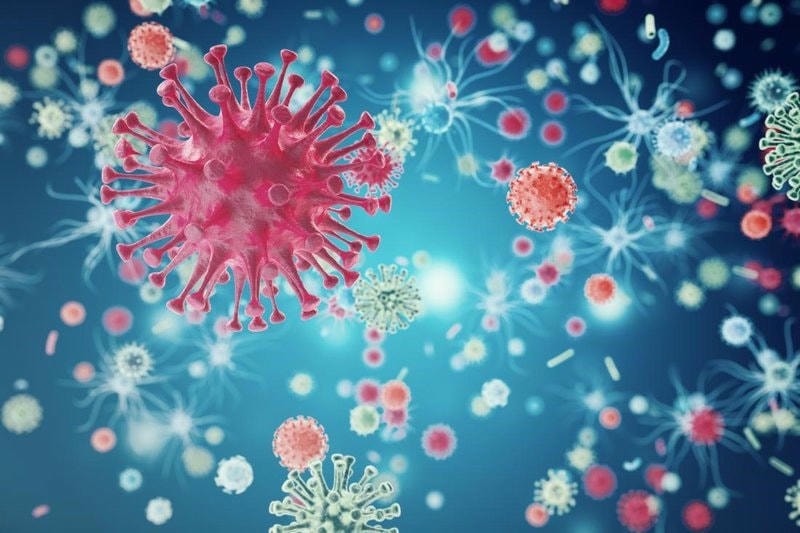
The Ministry of Public Health of Thailand advises that the respiratory syncytial virus (RSV) can be easily transmitted through mucus, saliva and toys around children. Currently, there is no specific treatment or vaccine for children, so surveillance and prevention are the only measures for Thai families.
Dr. Jurai Wongsawat, a senior physician, said RSV is easily transmitted through droplets of mucus, saliva, or contaminated objects such as doorknobs, toys, and tables and chairs. The virus can survive in the environment for several hours, with an incubation period of 2–8 days, making the spread silent and difficult to control.
Symptoms that parents should look out for include increased phlegm, severe coughing, wheezing, and difficulty breathing. If any of these signs are present, the child should be taken to a doctor immediately. There is no specific treatment for RSV and treatment is symptomatic only.
Dr Sopida Boonsathon, a paediatric infectious disease specialist at Ramathibodi Hospital, recommends that when a child is sick, parents should separate their belongings and items from others, keep sick children away from healthy children, and keep children home from school until they recover to reduce the risk of spreading the disease.
To prevent the disease, parents should wash their hands regularly, sanitize utensils and toys, and avoid taking children to crowded places. Although there is currently no specific treatment, there are vaccines for pregnant women and the elderly, as well as pre-filled vaccines for young children and at-risk groups.
Respiratory syncytial virus (RSV) is a virus that causes lung and respiratory tract infections, causing bronchiolitis and pneumonia. There is currently no vaccine to prevent RSV and no specific treatment, so early detection of the disease to have a timely treatment and care plan is very important.
Source: https://baohaiphong.vn/virus-hop-bao-ho-hap-bung-phat-nghiem-trong-tai-thai-lan-520766.html


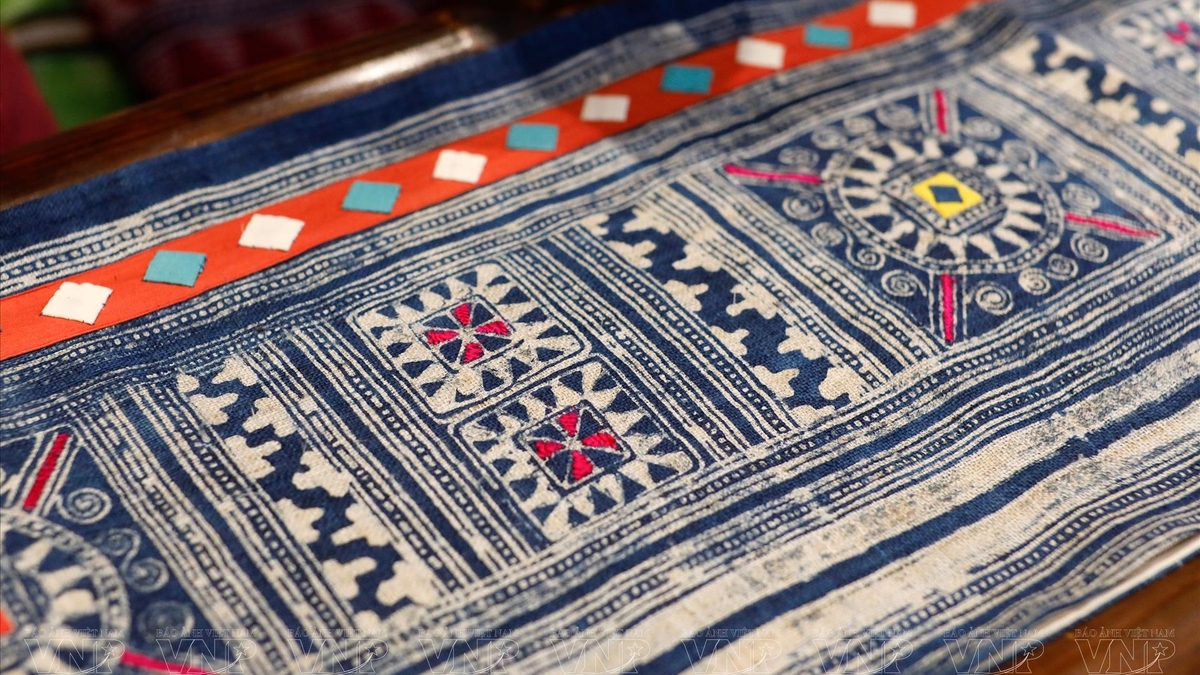
![[Photo] Fall Fair 2025 and impressive records](https://vphoto.vietnam.vn/thumb/1200x675/vietnam/resource/IMAGE/2025/11/03/1762180761230_ndo_br_tk-hcmt-15-jpg.webp)

![[Photo] Prime Minister Pham Minh Chinh receives the Chairman of the Japan-Vietnam Friendship Association in the Kansai region](https://vphoto.vietnam.vn/thumb/1200x675/vietnam/resource/IMAGE/2025/11/03/1762176259003_ndo_br_dsc-9224-jpg.webp)
![[Photo] General Secretary To Lam receives Singaporean Ambassador Jaya Ratnam](https://vphoto.vietnam.vn/thumb/1200x675/vietnam/resource/IMAGE/2025/11/03/1762171461424_a1-bnd-5309-9100-jpg.webp)
![[Photo] Lam Dong: Close-up of illegal lake with broken wall](https://vphoto.vietnam.vn/thumb/1200x675/vietnam/resource/IMAGE/2025/11/03/1762166057849_a5018a8dcbd5478b1ec4-jpg.webp)






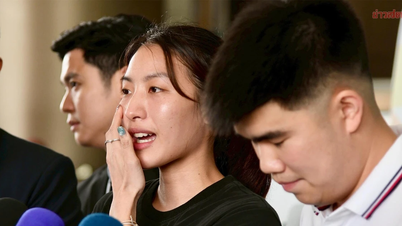
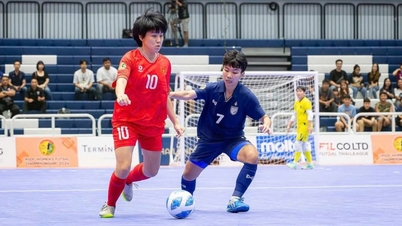





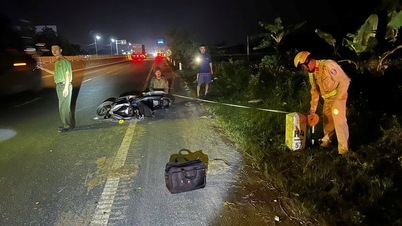


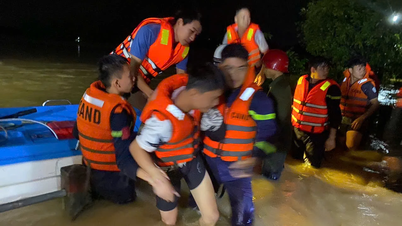









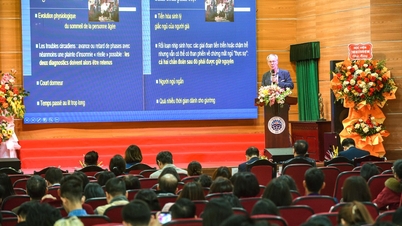






















































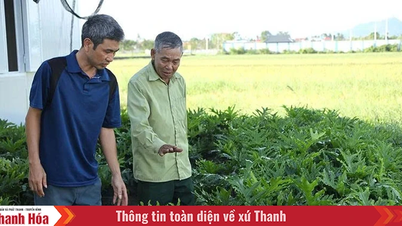

















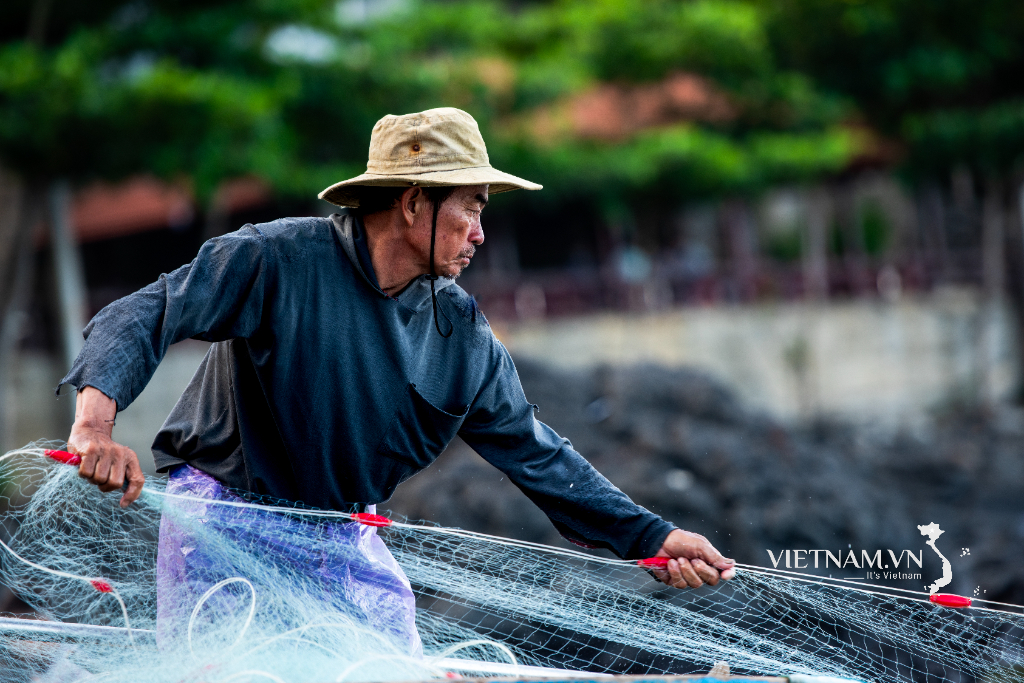



Comment (0)